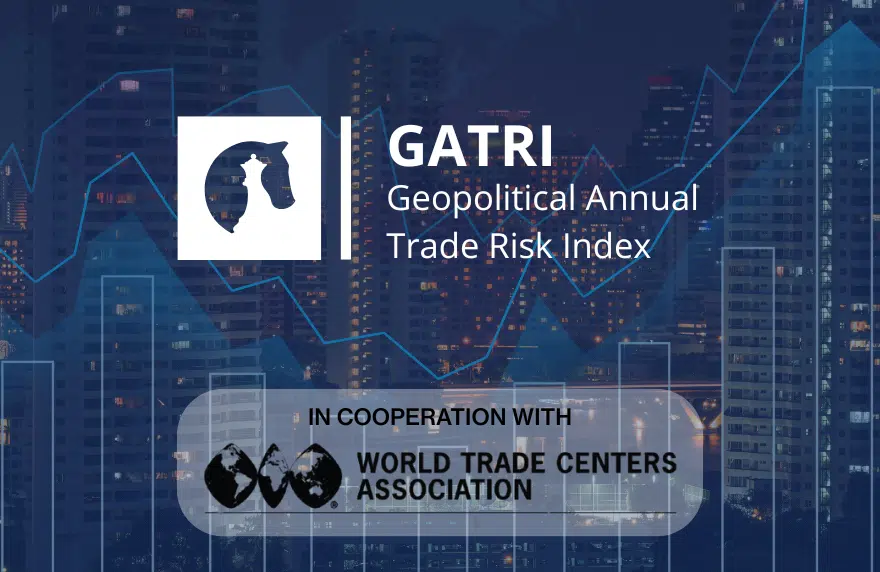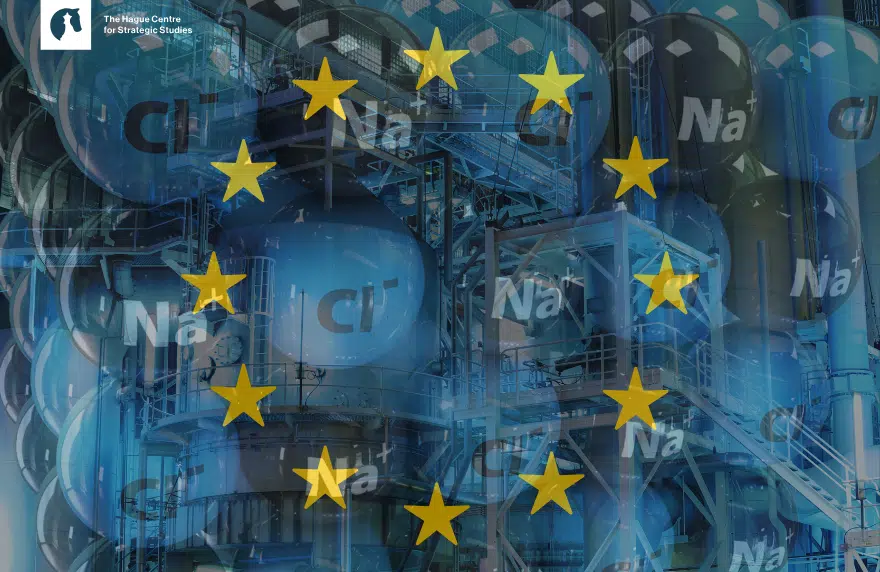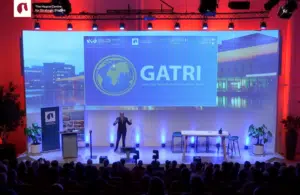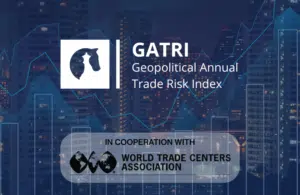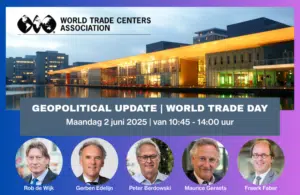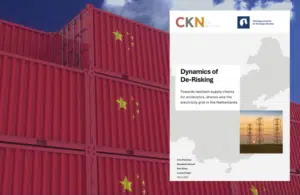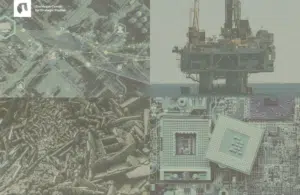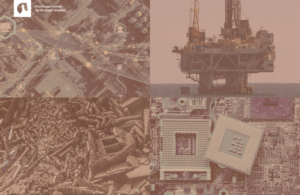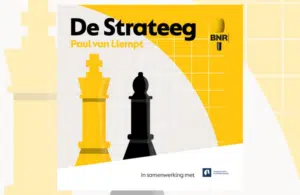GATRI | International trade under pressure in times of geopolitical unrest: how can companies better prepare for global uncertainty?
Global trade is under pressure from rising geopolitical tensions. In response, the Hague Centre for Strategic Studies (HCSS), in collaboration with the Dutch World Trade Centers, has launched a new tool: the Geopolitical Annual Trade Risk Index (GATRI). This innovative index quantifies the impact of diplomatic, economic, and military developments on international trade.
The Strategic Importance of Chloralkali and Sustainable Aviation Fuel for the EU & Saudi Arabia
The costs of energy are an important part of various industrial value chains and are very decisive for the competitive position of the industry. In three studies commissioned by the Royal VNCI and the National Program for Sustainable Industry, TNO, HCSS and Roland Berger compared the future energy costs of the renewable energy supply for industrial processes in the Netherlands with Saudi Arabia for two value chains: the chlor-alkali chain and the production of sustainable aviation fuel (SAF) from household waste via syncrude.
Persbericht | Kosten duurzame energie in Nederland en Saoedi-Arabië verrassend vergelijkbaar voor industriële ketens
De toekomstige kosten voor duurzame energie in Nederland en Saoedi-Arabië blijken voor twee belangrijke industriële waardeketens – chloor-alkali en sustainable aviation fuel (SAF) – opvallend dicht bij elkaar te liggen. Dat blijkt uit drie gecoördineerde studies van TNO, HCSS en Roland Berger naar de huidige en toekomstige (2040) energiekosten gebaseerd op hernieuwbare bronnen zoals zon, wind en biomassa, in opdracht van het Nationaal Programma Verduurzaming Industrie (NPVI) en Koninklijke Vereniging van de Nederlandse Chemische Industrie (VNCI).

